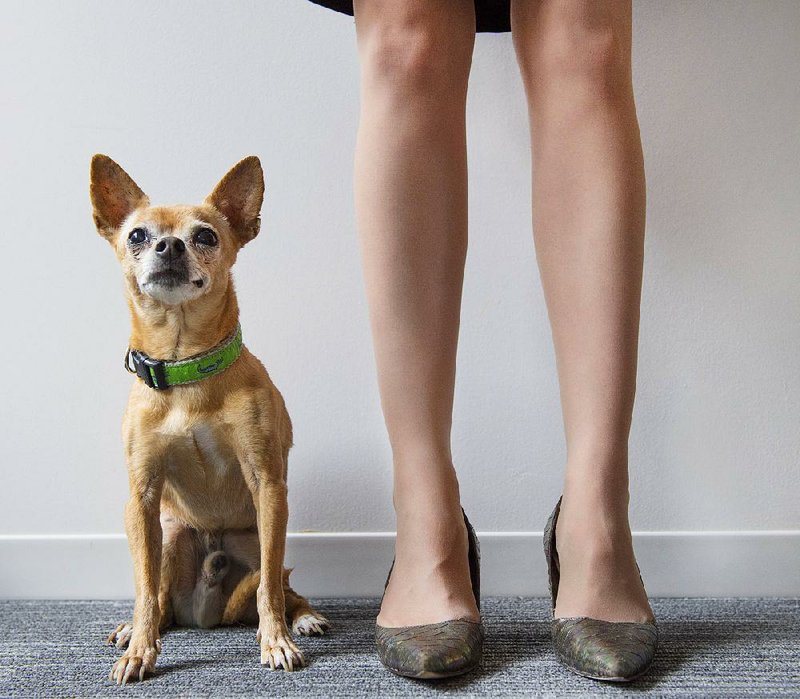Wayne Pacelle has a demanding job as president and chief executive officer of the Humane Society of the United States.
This is one of the reasons he takes Lily, his beagle mix, to work with him. He is convinced that animals "are a necessary ingredient in our emotional well-being," he says.
"I deal with many stressful issues, and I see terrible cruelty," he adds. "But when Lily puts her head on my lap, it calms me."
Pacelle can't scientifically document the positive effects he gains from his connection with Lily (and Zoe, his cat). But his experience supports what researchers who study human and animal interaction have concluded: Pets, especially dogs, seem to be good for our health.
"Dogs make people feel good," says Brian Hare, an associate professor of cognitive neuroscience at Duke University in Durham, N.C., mentioning that dogs are found now in some courtrooms, exam study halls, hospitals, nursing homes, hospice-care settings, classrooms, airports and elsewhere.
"Their only job is to help people in stressful situations feel better," Hare says. "Many people seem to respond to dogs in a positive way."
Scientists believe that the major source of people's positive reactions to pets comes from oxytocin, a hormone with many functions including stimulating social bonding, relaxation and trust, and easing stress.
Research has shown that when humans interact with dogs, oxytocin levels increase in both species.
"When parents look at their baby and their baby stares into their eyes, even though the baby can't talk, parents get an oxytocin boost just by eye contact," Hare says. "Dogs have somehow hijacked this oxytocin bonding pathway,
Family on 09/28/2016



